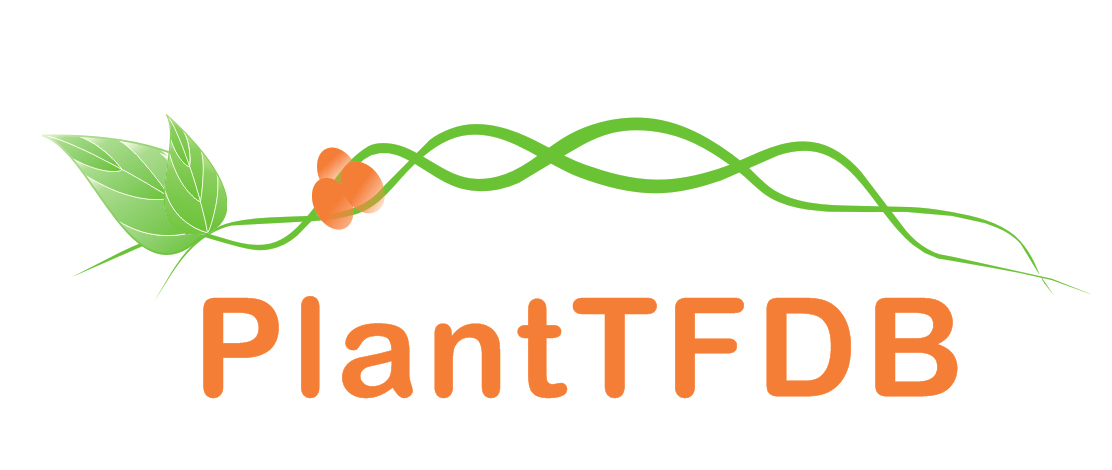 |
PlantRegMap/PlantTFDB v5.0
Plant Transcription
Factor Database
|
| Home TFext BLAST Prediction Download Help About Links PlantRegMap |
We identified BASIC PENTACYSTEINE1 (BPC1) as a regulator of the homeotic Arabidopsis thaliana gene SEEDSTICK (STK), which controls ovule identity, and characterized its mechanism of action. A combination of tethered particle motion analysis and electromobility shift assays revealed that BPC1 is able to induce conformational changes by cooperative binding to purine-rich elements present in the STK regulatory sequence. Analysis of STK expression in the bpc1 mutant showed that STK is upregulated. Our results give insight into the regulation of gene expression in plants and provide the basis for further studies to understand the mechanisms that control ovule identity in Arabidopsis.
Kooiker M, Airoldi CA, Losa A, Manzotti PS, Finzi L, Kater MM, Colombo L.
BASIC PENTACYSTEINE1, a GA binding protein that induces conformational changes in the regulatory region of the homeotic Arabidopsis gene SEEDSTICK.
Plant Cell. 2005 Mar;17(3):722-9. Epub 2005 Feb 18.
PMID: 15722463
BBR is nuclear targeted and is a characterized nuclear localization signal (NLS) sequence, a DNA-binding domain extended up to 90 aa at the C-terminus and a putative N-terminal activation domain. The corresponding gene has no introns and is ubiquitously expressed in barley tissues. In co-transfection experiments, BBR activates (GA/TC)8-containing promoters, and its overexpression in tobacco leads to a pronounced leaf shape modification. BBR has properties of a GAGA-binding factor, but the corresponding gene has no sequence homology to Trl and Psq of Drosophila, which encode functionally analogous proteins. In Arabidopsis, (GA/TC)8 repeats occur particularly within 1500 bp upstream of gene start codons included in some homeodomain genes of different classes. The data presented suggest that expression of the barley BKn3 is regulated, at least in part, by the binding of the transcription factor BBR to GA/TC repeats.
Santi L, Wang Y, Stile MR, Berendzen K, Wanke D, Roig C, Pozzi C, Muller K, Muller J, Rohde W, Salamini F.
The GA octodinucleotide repeat binding factor BBR participates in the transcriptional regulation of the homeobox gene Bkn3.
Plant J, 2003. 34(6): p. 813-26.
PMID: 12795702



